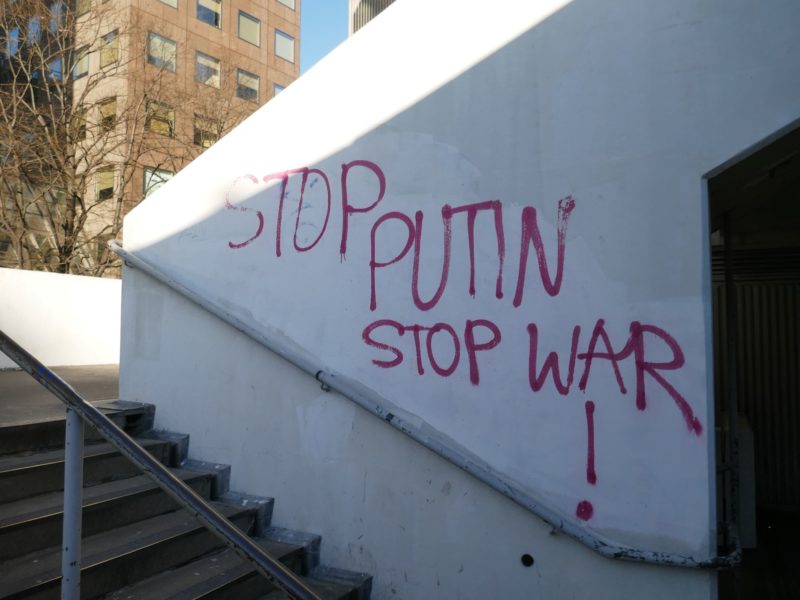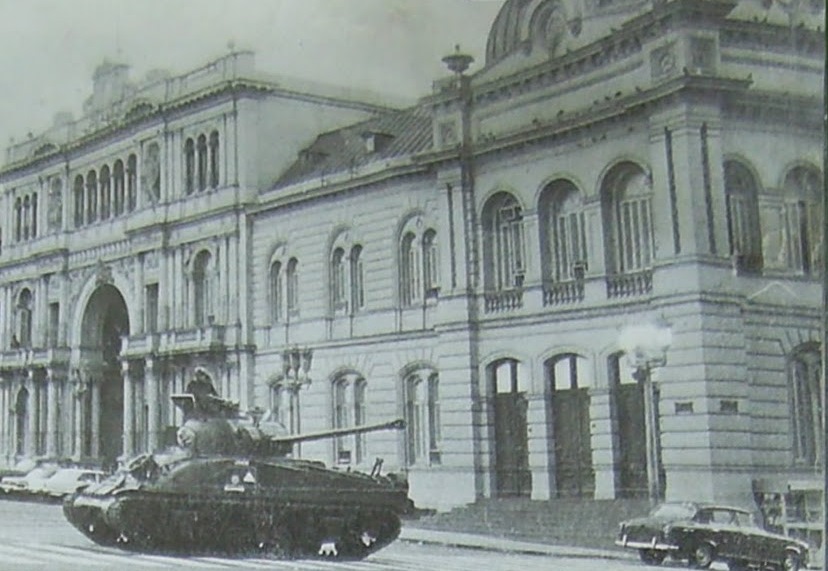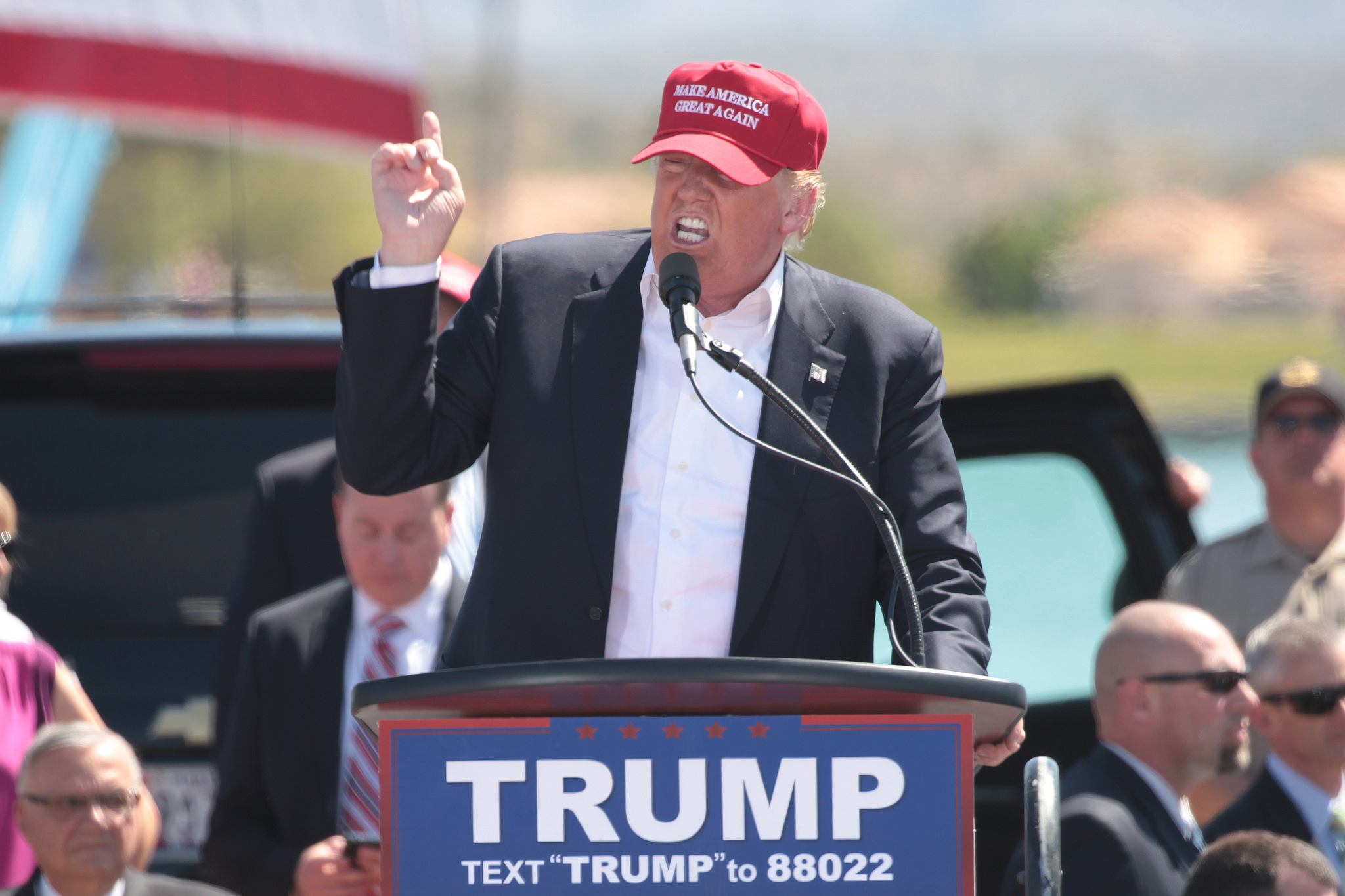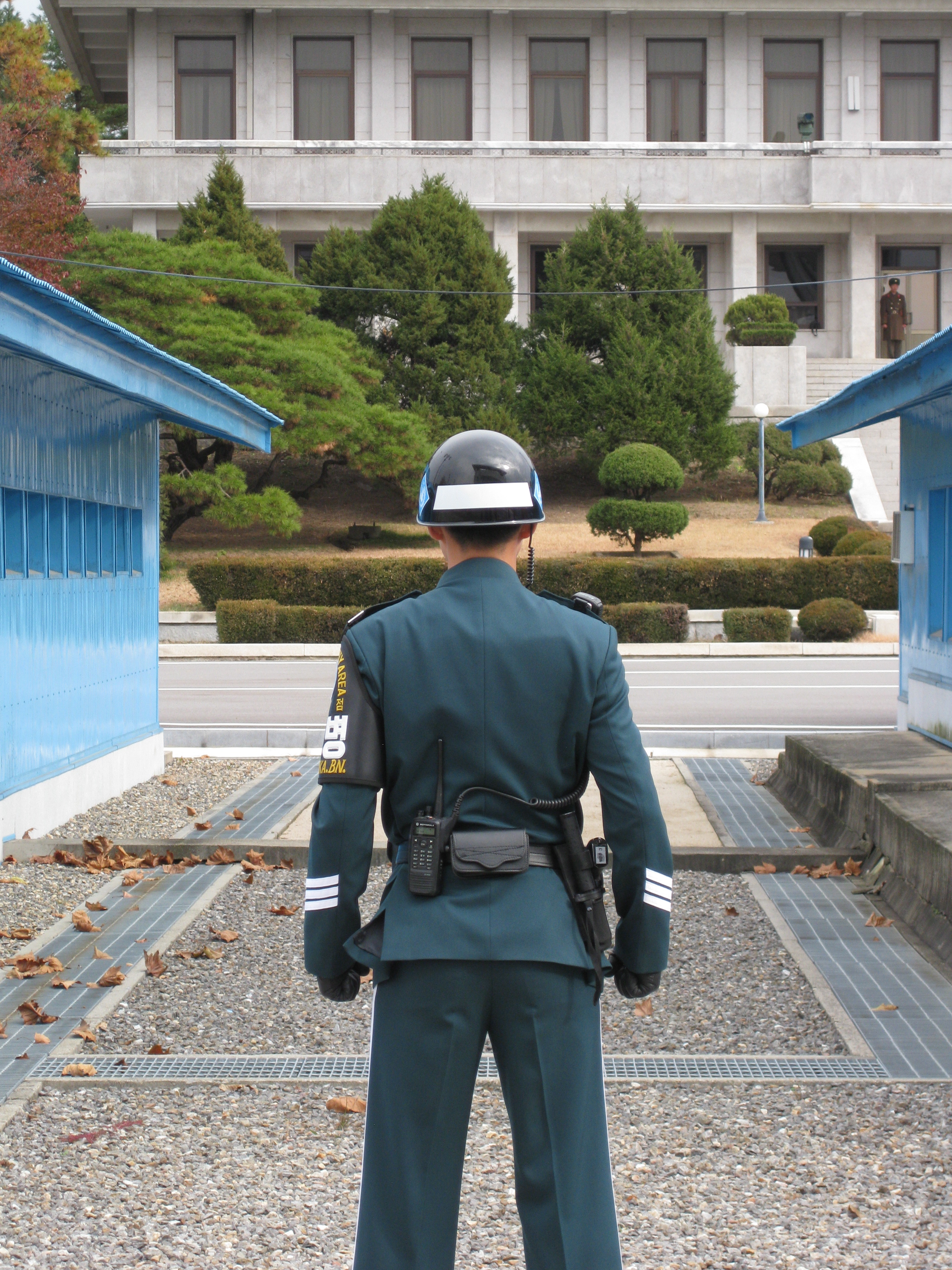Guest post by Jennifer Earl and Tom Maher
Two things are true in Russia right now: at a minimum, tens of thousands of Russians have protested against Russia’s invasion of Ukraine, and potentially millions of Russians do not believe that Russian soldiers have attacked and killed civilians. Indeed, even relatives of Ukrainians living in Russia don’t necessarily accept that there is anything taking place other than a “special military operation” designed to benefit Ukraine. While arrests and beatings of protesters are well-known forms of repression, the Russian state is showing it has a broader array of repressive tools available—including many focused on shaping beliefs. In addition to traditional forms of repression, such as physical surveillance of, and physical attacks against, street protesters, the Russian repression repertoire also includes a large dose of digital repression, which, in a recent review of research on digital repression, we show can take many forms.
Two broadly different categories of repression are evident in Russia. The Kremlin has prominently paired an escalating amount of censorship, which is a kind of repression focused on controlling and limiting information, with substantial cheerleading and disinformation campaigns, which are forms of repression focused on distracting or misleading. On the control side, Russia created a new law restricting reporting on its invasion of Ukraine, which makes characterizing the war as an “invasion” illegal. Some platforms like TikTok are restricting new uploads from Russia to come into compliance with the law. Cheerleading efforts include Russia’s Z meme. Significant disinformation campaigns are also being used, on some of the same platforms that are being restricted, including TikTok, where key influencers have been coordinated to amplify a pro-Putin message. While these efforts are not brand new, they are important escalations.
Do censorship and disinformation need each other to succeed? Not necessarily. Given the significant rise in both and their apparent compatibility, it is tempting to imagine that this pairing is necessary: Putin’s cheerleading and disinformation can only succeed if paired with escalating information control measures. But, comparing the relationships between different forms of digital repression in Russia to other nations as part of a broader study of digital repression suggests that even if information controls fail, Putin has potential backups that may substitute or make up for such failure. In the US, after all, we don’t have nearly the level of information control that Russians face. Yet political leaders collaborate to spread convenient lies over inconvenient truths and are aided by ordinary citizens who help spread disinformation. This has led just under four-fifths of Republicans to become convinced that Biden probably wasn’t actually elected in 2020. That so many Americans embrace the moniker of “fake news,” just as many Russians do, should tell us that information control isn’t a prerequisite to disinformation campaigns. Indeed, cynicism and polarization may be a substitute for censorship. Why bother suppressing news if people don’t believe it anyway?
Authoritarian-minded leaders are learning from Russia that different forms of digital repression can reinforce one another’s effects. These same would-be autocrats are also learning that digital repression can serve deeper ambitions than just the instrumental goal of suppressing dissent. Digital repression can support the much more authoritarian goal of gaining “the power to name and control the perception of reality.” Comparing Putin, Trump, and other disinformation specialists, Russian dissident Masha Gessen puts it this way:
“Lying is the message. It’s not just that both Putin and Trump lie, it is that they lie in the same way and for the same purpose: blatantly, to assert power over truth itself… when he [Trump] claims that he didn’t make statements that he is on record as making, or when he claims that millions of people voting illegally cost him the popular vote, he is not making easily disprovable factual claims: he is claiming control over reality itself.”
In this light, Putin’s decision to call the invasion of Ukraine a “military special operation” isn’t just an effort to limit anti-war sentiment in Russia. It is about the far more fundamental power to construct reality no matter what the facts on the ground are. It is important that the goals of repression are not just stopping protesters, but also about getting Russian families of Ukrainians to not believe that their relatives are suffering through a Russian invasion.
Unfortunately for protesters, the aspiration to control reality invites more arrests and beatings too. Constructions of reality that don’t reflect facts on the ground are delicate, transforming Russian protesters from a thorn in Putin’s side into direct challenges to this authoritarian aspiration to dictate reality. Protest becomes like other alternative sources of information to repressors: something to be delegitimated if it cannot be censored, not because it may persuade or lead to change but because it holds the even more basic threat of alternative accounts being able to exist. This puts conservative conspiracy claims around the world, including in the US, of protesters being paid or being crisis actors in a very different light.
Fortunately, like all forms of repression, digital repression sometimes fails. It can even have the opposite of the intended effect, inviting others into the conflict. Russia is experiencing this. While Putin’s efforts to censor news about the war and spread disinformation are persuading some that the war isn’t real, others, digital activists and ordinary Russians alike, are fighting their own information war, attacking Russian websites at an unprecedented rate, and texting and talking to their families. Russians who know about and oppose the war are still speaking out and protesting. Over and over again, repression research has shown that repressors, whether they use digital or more traditional tools, don’t always win.
Jennifer Earl is a Professor of Sociology at the University of Arizona and co-author of a review of research on digital repression. Thomas Maher is an Assistant Professor of Sociology, Anthropology, and Criminal Justice at Clemson University, who co-authored a typology of digital repression in Science Advances.






